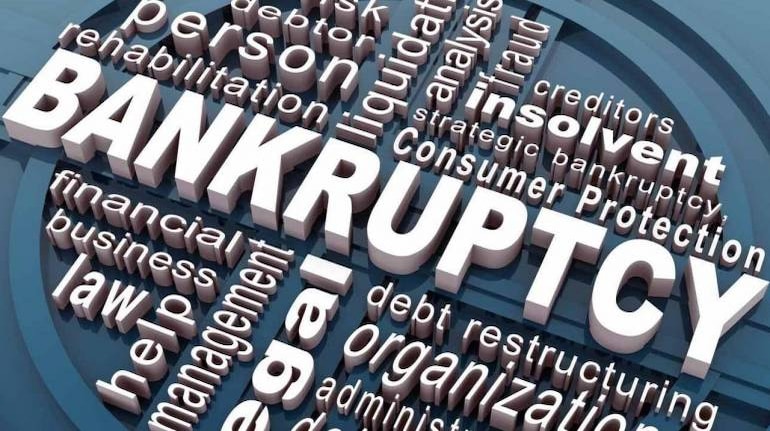



Speaking at a virtual event organised by the Confederation of Indian Industry (CII), Verma noted that some proceedings have been initiated against insolvency professionals for not adhering to laws but the Insolvency and Bankruptcy Board of India (IBBI) is conducting the regular inspections.
Commenting on the five year's of IBC's implementation, Verma said, "Ease of exit is as important as of entry for a business. Before the enactment of IBC, Indian businesses did not have the freedom of exit, and also to recover the insolvency so easily."
"The resources once stuck in unproductive enterprises, they continue to do so in the insolvency framework as it was fragmented, inadequate and was ineffective. But with the bill to revamp these archaic laws, India led to this innovative initiative of insolvency and Bankruptcy Code, which has really transformed the Indian solvency framework," he added.
Verma also said that the IBC has improved the business environment.
The Insolvency and Bankruptcy Code (IBC), 2016 was introduced in May 2016 to resolve claims involving insolvent companies.
Till July this year more than 4,570 cases were admitted for corporate insolvency resolution, out of this 657 cases have been closed on various grounds of appeal, 466 cases have been withdrawn, 404 cases have been resolved and 1371 cases have resulted in liquidation, Verma said.
"The 404 cases which have been resolved, the realizable amount is of Rs 2 lakh crore. In addition to this, 17,837 cases involving an amount of more than Rs 5.5 lakh crores have been disposed off pre admission stage," said Verma.
The Corporate Affairs secretary also said that the IBC has been a enabler in improving India's rank in World Bank's ease of doing business report. India's rank jumped 84 places from 136th rank in 2017 to 52 in 2020.
"The recovery rate also increased from 26% in 2017 to 71.6% in 2020. The time taken in recovery also improved from 4.3 years in 2017 to 1.6 years in 2020," he said.
Verma also noted that the government is proactively monitoring the developments in the insolvency framework, and has brought out timely reforms.
"In fact, till date, the code has undergone six amendments in the last five years," he said.
The Insolvency and Bankruptcy Code, 2016 was introduced in May 2016 to resolve claims involving insolvent companies.
It provides for a time-bound process to resolve insolvency. When a default in repayment occurs, creditors gain control over the debtor’s assets and must take decisions to resolve insolvency. Under IBC debtor and creditor both can start 'recovery' proceedings against each other.
IBC applies to companies, partnerships and individuals wherein the entity has to complete the entire insolvency exercise within 180 days.
Discover the latest Business News, Sensex, and Nifty updates. Obtain Personal Finance insights, tax queries, and expert opinions on Moneycontrol or download the Moneycontrol App to stay updated!
Find the best of Al News in one place, specially curated for you every weekend.
Stay on top of the latest tech trends and biggest startup news.